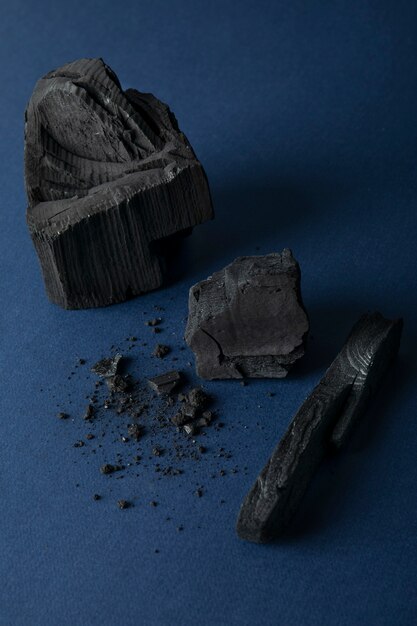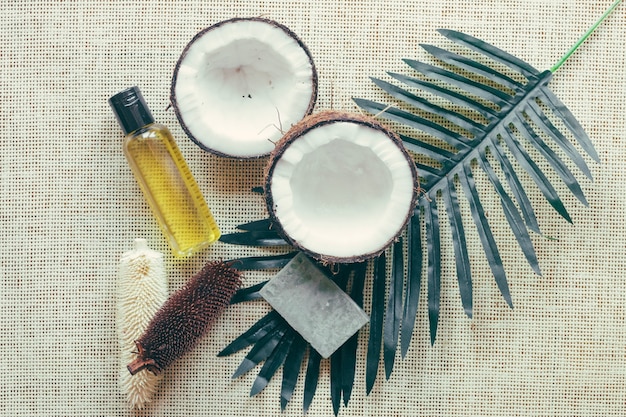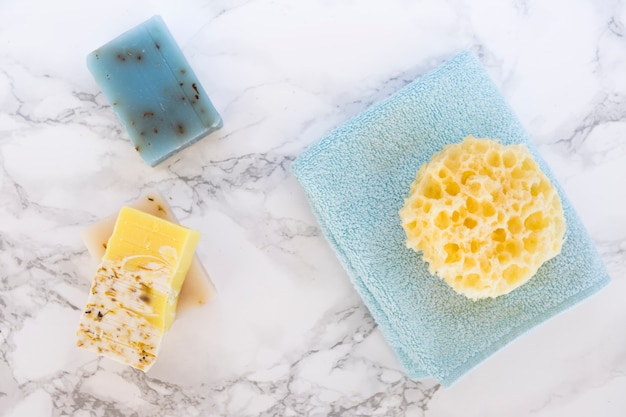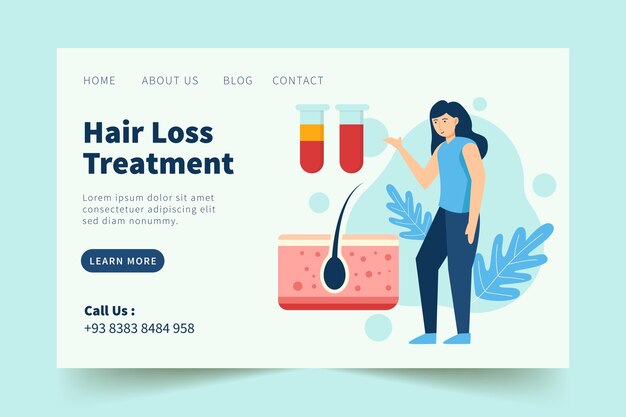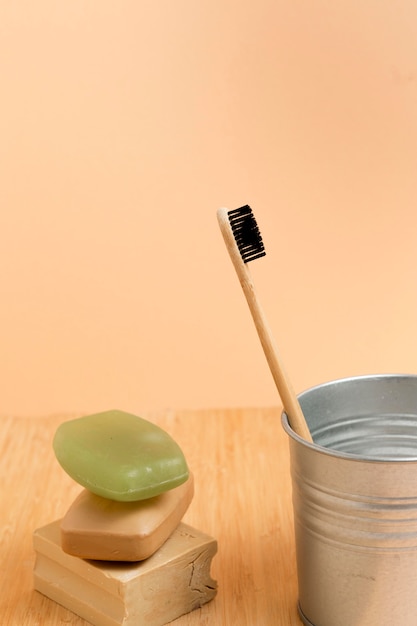
Many of us use toothpaste because it’s convenient, tastes good, and we fear losing our teeth without it. But considering we brush our teeth about a thousand times a year, shouldn’t we scrutinize what’s in our toothpaste? Surprisingly, most commercial toothpaste contains harmful ingredients that could lead to unpleasant side effects.
Preventing Tooth Damage
We use toothpaste to maintain good oral health, yet long-term use is linked to tooth damage. A study published in the International Dental Journal revealed that excessive toothpaste use wears down enamel and darkens teeth. If you use more than a pea-sized amount, you risk long-term damage. Most toothpastes contain hydrated silica, which prevents re-mineralization, leading to cavities and eventual enamel loss.
Harmful Ingredients: Hormone Disruptors, Pesticides, Carcinogens, and Irritants
Toothpaste is packed with toxic chemicals. Dr. Mercola suggests these chemicals can be more harmful when absorbed through the mouth rather than ingested. Some problematic ingredients include:
– Triclosan: A pesticide that disrupts hormones and contributes to antibiotic resistance. It’s linked to allergies, weight gain, thyroid issues, and potential developmental problems in fetuses.
– Sodium Lauryl Sulfate (SLS): This causes skin irritation and, in animal studies, has led to severe health issues, including depression and respiratory problems.
– Propylene Glycol: An irritant known to cause organ system toxicity.
– Diethanolamine (DEA): Associated with liver and kidney tumors in animals, and can lead to testicular issues.
– FD&C Blue No. 2: A dye linked to learning and behavioral issues, severe allergic reactions, and other health problems.
Artificial Sweeteners
Commercial toothpastes often contain artificial sweeteners like aspartame, which come with numerous side effects, including cancer, seizures, and chronic illnesses like Multiple Sclerosis and Alzheimer’s.
Fluoride Concerns
While fluoride in drinking water is controversial, it’s also in over 95% of toothpastes. This chemical can cause tooth discoloration, stomach ailments, toxicity, and skin rashes. Children, who tend to swallow toothpaste, are especially at risk, potentially consuming more fluoride than recommended.
Mouth Ulcers
Toothpaste containing SLS strips away the mouth’s protective lining, leading to mouth ulcers. SLS-free alternatives are available, though manufacturers often use different names for the same ingredient.
Tooth Sensitivity
Whitening toothpastes can cause tooth sensitivity due to harsh chemicals. It’s better to use natural whitening methods to avoid these issues.
Environmental Impact
Microbeads in toothpaste are harmful to the environment, ending up in waterways and being ingested by marine life, eventually entering the food chain. Despite some bans, microbeads are still in use.
Alternatives to Conventional Toothpaste
Interestingly, toothpaste isn’t necessary for good oral hygiene. Making your own natural alternatives is simple and cost-effective.
Natural Oral Hygiene Tips
To maintain healthy teeth and gums, adopt a tooth-friendly diet and consider oil pulling—an Ayurvedic practice that reduces bad breath and gingivitis. You can also make your own all-natural toothpaste with ingredients like coconut oil, essential oils, baking soda, and calcium powder.
Re-mineralizing Toothpaste Recipe: Mix calcium powder, baking soda, coconut oil, and essential oils for a natural paste.
Three Ingredient Toothpaste: Combine sea salt, peppermint oil, and baking soda with filtered water.
Coconut Oil Paste: Blend coconut oil, baking soda, essential oil, and glycerin for an antibacterial and antiviral toothpaste.
Cinnamon & Clove Tooth Powder: Use bentonite clay, baking soda, sea salt, cinnamon, and cloves for a powder that fights bad breath and bacteria.
DIY Tooth Soap: Mix liquid castile soap, melted coconut oil, and essential oils for those who avoid baking soda.
Natural Whitening Toothpaste: Combine activated charcoal with coconut oil for a gentle whitening solution.
Using Baking Soda Safely
When used correctly, baking soda is less abrasive than most commercial toothpastes. Use a small amount and brush gently, then rinse as usual.
In summary, reconsidering the use of conventional toothpaste can lead to better oral and overall health. Natural alternatives are effective, affordable, and free from harmful chemicals.
